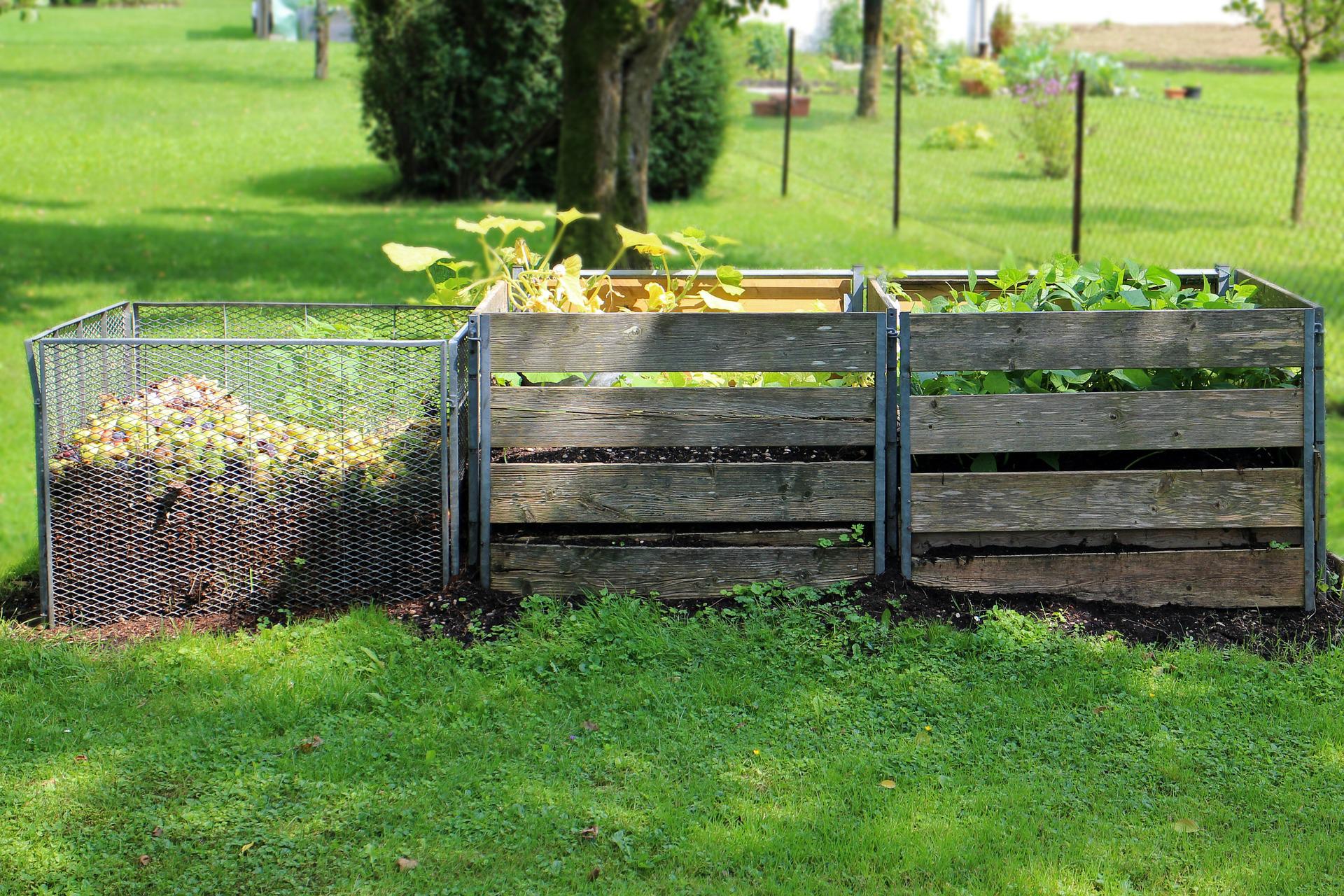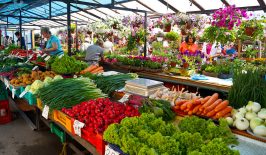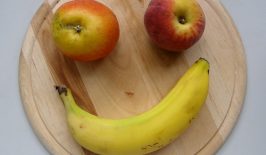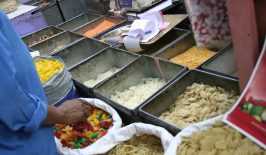Food waste is a global problem with huge financial, social and environmental consequences. Fortunately, as individuals, we can make an enormous impact on the problem with just a few simple adjustments to our daily lives.
An estimated 1.3 billion tonnes of food is wasted globally each year, one third of all food produced for human consumption, according to the Food and Agriculture Organization (FAO) of the United Nations. The amount of food lost or wasted is more than enough to feed all the 815 million hungry people in the world.
Food is discarded along every step of the food supply chain – from harvest to supermarkets – but in high-income countries, consumers bear a large degree of the responsibility. Here are some ways that you can help reduce the global waste problem right now – and some handy new tech tools to help you do it.
Meal Planning and Storage
More diligent meal planning can help reduce food waste at home. Shop according to your household’s daily needs, cut back on impulse purchases, and finally, make sure to store food properly. If you buy too much of something, put it in the freezer to use later instead of throwing it away.
Meal delivery services like Blue Apron and Hello Fresh help reduce waste with pre-portioned ingredients, but their services come with other environmental concerns including excess packaging and energy used for shipping.
- Save the Food – Website with 100s of tips for planning, cooking and storing all types of food for optimum savings (of both food and money).
- Love Food Hate Waste – App that helps you organise your kitchen and plan meals efficiently.
Put Unused Food or Waste to Good Use
Reusing Leftovers
If food is truly unusable or inedible, that doesn’t necessarily mean it should be destined for the rubbish. Use scraps and leftovers in recipes, and support companies that aim to reuse organic waste (examples include Kaffeeform, Toast Ale and CoffeeFlour).
- LoveYourLeftovers – App where you can search for recipes using leftover ingredients and find information about meal planning and storage.
- Olio – Food-saving app that allows you to share leftovers or unwanted food with neighbors.
Composting
Only throw away food that is truly inedible, but when you do need to dispose of food or scraps, make sure to compost. Composting diverts waste from landfill and therefore reduces harmful methane emissions. According to the FAO, home composting has the potential to divert up to 150 kg of food waste per household annually.
- What food can be composted? How? Check out these tips for composting at home.
- ShareWaste – App that connects people with unwanted kitchen scraps to others nearby who can use their organic waste for composting or animal feed.
Know Your Labels
Have you ever purged items from your refrigerator because the “best before” date has passed? What about the “sell by” date? What you might not have realized is those labels can be arbitrary, confusing and often unregulated. In the EU, for instance, the “best before” date does not indicate that the food is no longer safe to eat. It is simply a manufacturer’s best guess at how long the product will retain optimum freshness.
You can help prevent food waste by understanding what exactly the labels in your country mean and keeping food as long as it is truly safe to eat.
- Click here for information on food labelling and nutrition in the European Union.
Rescue a Meal
Advances in technology have made it easy for those with excess food to connect with those who might have a use for it.
- Too Good To Go – Users can open this European app and instantly find restaurants and cafes in their area selling excess food at a discount price. Another app doing the same is ResQ Club, previously called MealSaver.
- Foodsharing – A volunteer-run network in Germany, Austria and Switzerland that allows participants to collect excess food from supermarkets and restaurants and distribute it where it’s needed.
Buy Locally
Odds are, the seasonal veggies you pick up at the neighborhood farmers’ market have experienced a shorter journey to your tote bag than the avocados marked “Peru” at your local supermarket. A shorter trip across the supply chain generally means less waste along the way.
- Seasons – App that allows you to search for farmers’ markets and learn about seasonal produce in your area. Available in several languages and serves the U.S., Canada, UK, Australia, and Western and Central Europe.
To get the lowdown on the huge global issue of food waste – and its environmental impact – check out our Knowledge Article.
Author: Laura Depta / Reset Editorial (September 2018)







